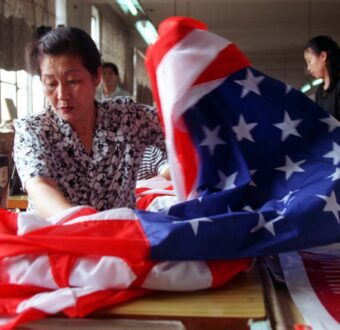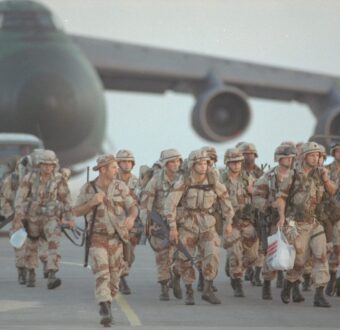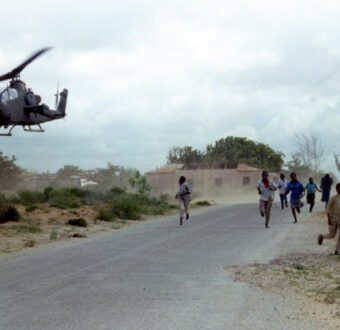’90s Rewind | How Democracy Failed in Russia
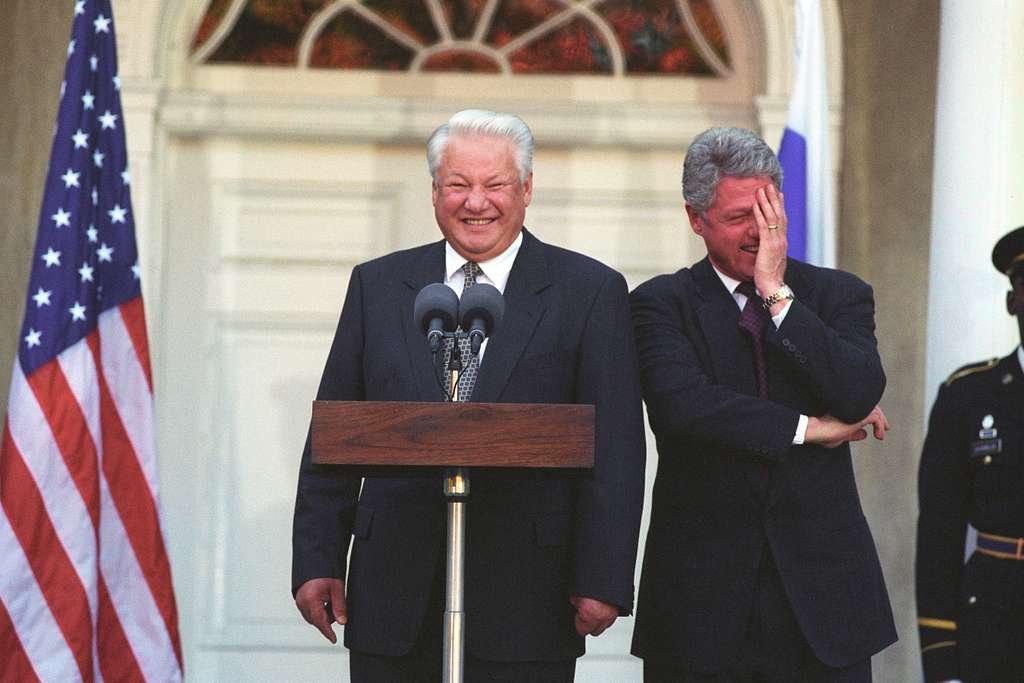
Economic crisis, internal pressures, and US policy set the stage for Vladimir Putin’s rise to power
America was on top of the world in the 1990s as its erstwhile rival, Russia, was struggling to find its footing. President Boris Yelstin’s liberal reforms were soon dashed by economic crises and infighting among Russian elites. US policymakers also contributed to this tragedy, which would lead to Vladimir Putin’s rise by the end of the decade. In their zeal to promote democracy and capitalism, they failed to anticipate how Russians would see the West as meddling from within and, with NATO enlargement, encroaching from without.
In this episode of None Of The Above’s ‘90s Rewind miniseries, the Institute for Global Affairs’ Mark Hannah explores where the 1990s went wrong for post-Soviet Russia, from shock therapy to NATO enlargement. He is joined by former diplomat Thomas Graham and historian Susan Colbourn. NPR’s Deborah Amos and retired ambassador Thomas Pickering also return to provide insights and commentary.
Listen Here: Apple Podcasts | Google Play | Libsyn | Radio Public | Soundcloud | Spotify | Stitcher | TuneIn | RSS
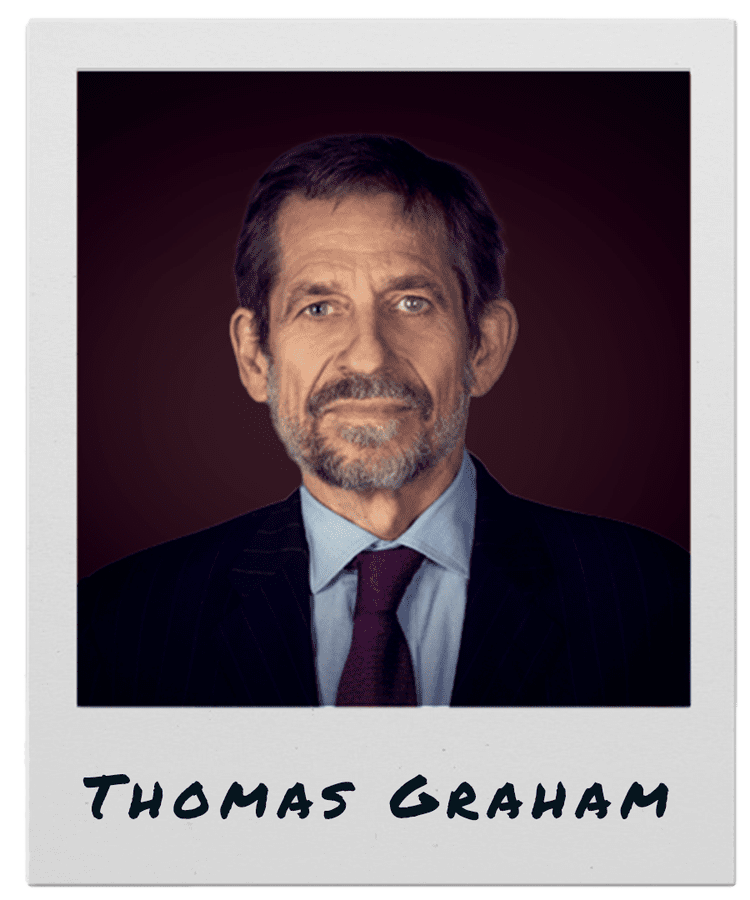
Thomas Graham is a distinguished fellow at the Council on Foreign Relations. He was a Foreign Service officer for fourteen years, including at the US embassy in Moscow during the 1990s. He also worked on Soviet and Russian affairs in the State Department during that time. From 2002 to 2007, he worked on Russian affairs within the National Security Council.
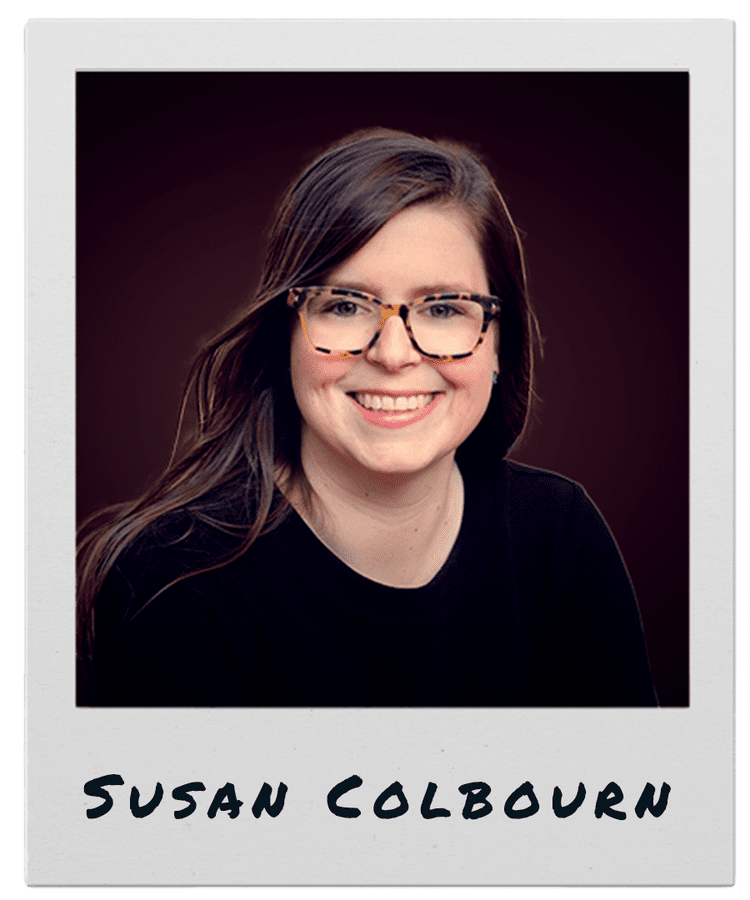
Susan Colbourn is a historian and associate research professor in the Sanford School of Public Policy at Duke University. She is also the associate director of Duke’s Program in American Grand Strategy. She focuses on European security, the politics of nuclear weapons, and the history of NATO.
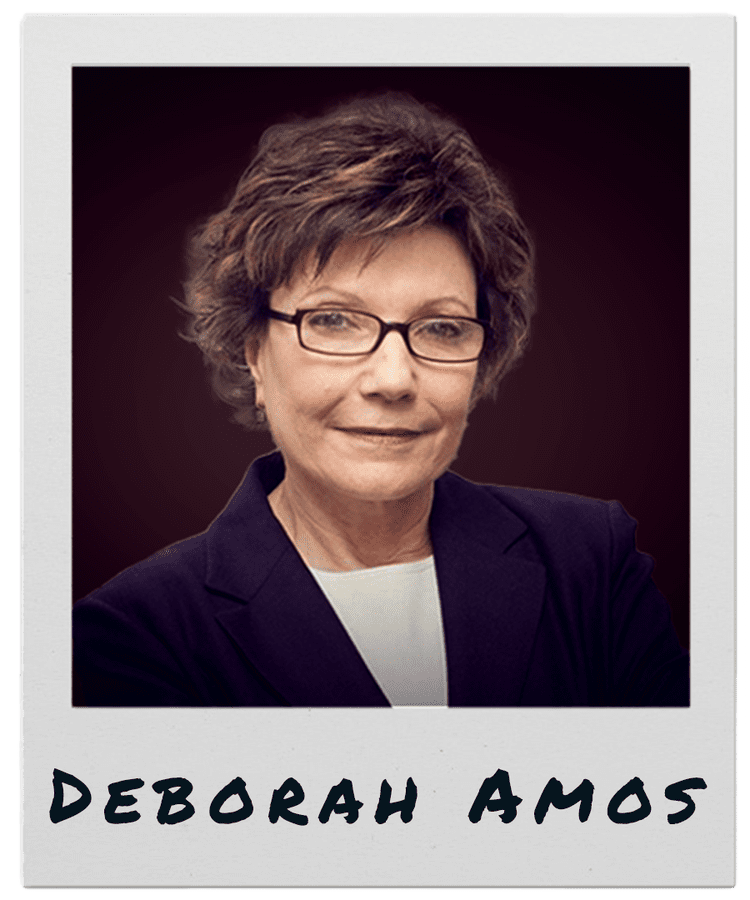
Deborah Amos is a Ferris Professor of Journalism in Residence at Princeton University. Over the course of her award-winning career, she served as an international correspondent for NPR, ABC, and PBS. Her reporting has largely focused on the Middle East and refugees. She was awarded the Edward R. Murrow Lifetime Achievement Award in 2010.
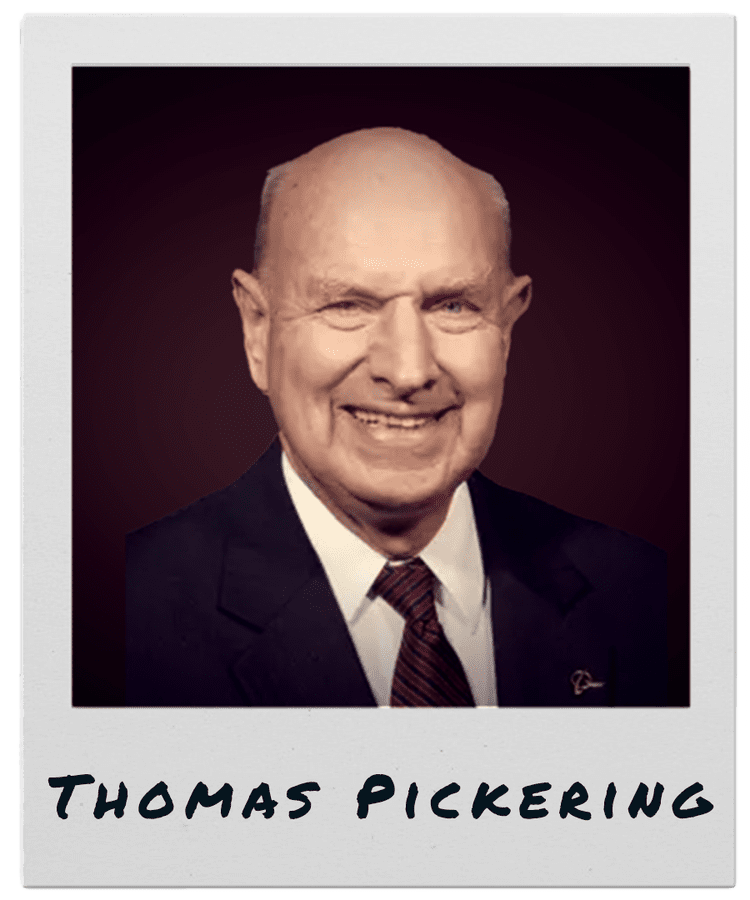
Thomas Pickering is a retired diplomat who served as US ambassador to the United Nations, India, and Russia throughout the 1990s. He also served as Undersecretary of State for Political Affairs under President Clinton from 1997 to 2000. He achieved the rank of Career Ambassador, the highest in American diplomacy.
This post is part of None Of The Above, a podcast of IGA hosted by senior fellow Mark Hannah.
